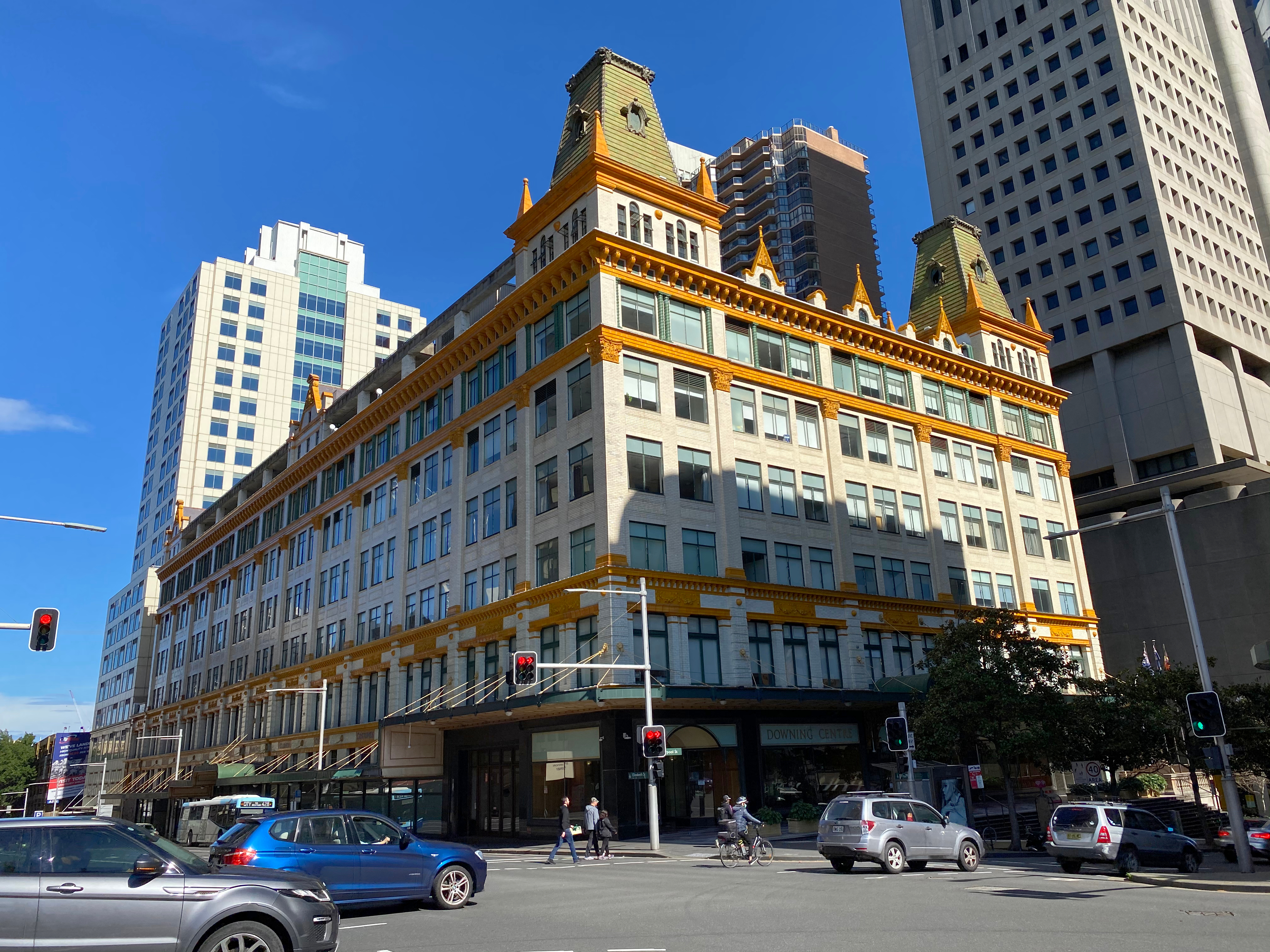Share This Article
Array
Ever wondered why cases keep getting delayed in our criminal courts? There can be many reasons why cases get delayed, including an inexperienced or incompetent criminal lawyer, delays caused by the prosecution and/or third parties, and/or due to an uncontrollable environment such as the coronavirus pandemic that hit our nation at the beginning of 2020.
Whilst often we cannot change the environmental impacts, we can change other aspects by identifying the causes of delay. Why is it so important to do this? Because “justice delayed is justice denied”, as the saying goes.
In respect of indictable criminal charges, the case will begin in the local court, and either be eventually dealt with in the Local or District Court. The District Court is the next court up from the Local Court.
Whether the case ends up being dealt with in the Local or District court depends on whether the charges are withdrawn early, whether the charge is a summary offence or an indictable offence, and/or whether the Director of Public Prosecutions (DPP) decide to ‘elect’ an indictable offence, in which case it will generally be heard and dealt with in the District Court (if ‘elected’).
Whether or not to ‘elect’, is a decision that usually takes time by the DPP. Sometimes, it may be decided by or on the first time that the indictable charge comes before the court.
More often, it is decided on a subsequent court date.
Indictable matters are also commonly known as table 1 and table 2 criminal charges.
Delay in making a decision to ‘elect’ the indictable charge(s) will delay the entire court proceedings, placing further pressure onto our criminal justice system. This is not ideal for all parties involved, let alone the accused person.
Accordingly, to address this issue, the new Practice Note tries to address these issue in respect to domestic violence and non-domestic violence types of cases in the Local Court to a limited extent, in respect of indictable and summary offences.
Summary offences are charges that are not ‘indictable offences’ (indictable criminal charges). They are required to be dealt with only in the local court
Examples of indictable offences include, assault charges, including common assault, and domestic violence assaults.
Examples of summary offences include, drink driving, driving with drug in system, or offensive conduct.
Non-Domestic Violence Matters in the Local Court
If an accused person is pleading ‘Not Guilty’, the new local court practice note provides a number of directions or guidance to avoid delay in respect of non-domestic violence cases.
What Happens on the First Court Date?
On the first court date for an indictable offence/charge in the local court, if a decision as to whether or not to ‘elect’ has not yet been made, the court will make the following orders:
- Prosecution to serve a copy of their brief of evidence to the defence in 4 weeks.
- Matter to be adjourned to a second court date for mention in 7 weeks.
What Happens on the Second Court Date?
On or by the second court date, a decision as to whether or not to ‘elect’ must be made by the DPP.
This If it is not made by that time, the case will proceed in the local court as a summary proceedings. This will mean, if no election is made, the case will remain and be dealt with in the Local Court, not District Court.
In the event a ‘not guilty’ plea is entered in the local court, the prosecution will be required to serve a copy of the police evidence referred to as the brief of evidence to the defence (accused person or his/her lawyers). The court will make further orders.
In compliance with court orders, when the prosecution serve a copy of their brief of evidence to the defence, the brief of evidence must include a ‘Court Listing Advice’ which must outline:
- A list of all the statements included in the brief of evidence; and
- Indicate which NSW Police Force member witnesses that the prosecution intend to call into the witness box in court to give evidence (which will corroborate the evidence in chief of another NSW Police Force member who will be giving evidence).
The court listing advice is a form commonly used to help better facilitate the hearing saving time, increasing efficiency.
On the second court date, and if a plea of ‘not guilty’ is maintained, the court will adjourn the case to a third court date for hearing. The hearing date will be as soon as is practicable in accordance with the court’s diary.
Seeking Adjournments
If any party wants a further adjournment without listing the case next for hearing, or wishes to vary the court orders noted above (i.e. requesting further time to serve the brief of evidence), the court will not allow an adjournment unless it’s in the interest of justice to.
For example, if the prosecution want to adjourn the case only to be given more time to serve the rest of their copy of the brief of evidence to the defence, the prosecution will generally be refused an adjournment, unless:
- A plea of guilty is entered; or
- It is warranted in the interest of justice.
Otherwise, the court will simply adjourn the case for a hearing, requiring the prosecution to then serve a copy of any outstanding brief of evidence material to the defence at least 14-days before the hearing.
There are common instances, when the prosecution (sometimes defence also) will ask for an adjournment in the case for further time to serve the brief of evidence due to a delay in obtaining forensic analysis of material. In those circumstances, the court may grant an adjournment for this reason if:
- A date can be given as to when the material was sent for a forensic analysis; and
- The forensic analysis result is likely to assist in the case.
Criminal Defence Lawyers Obligations to the Court and Prosecution
If an accused person is represented by a lawyer, the lawyer is to provide the court and the prosecutor with a completed form called a ‘Court Notice of Appearance’.
The ‘Court Notice of Appearance’ consists of the contact details of the defence lawyer in order to better facilitate the brief of evidence being served on time by police.
In addition to this, after the brief of evidence is served to the defence lawyers, and on the second court date, if the ‘not guilty’ plea is maintained the following must occur:
- The defence lawyer must hand the court with a completed form called a ‘Court Listing Advice’ confirming which witnesses are required to attend court to be cross examined, and which are not, for the defence case. This is used to help facilitate the hearing more efficiently.
- The prosecution must advise the court and defence which of its witness(es) it intends on calling to give evidence via AVL. The court can still require those witnesses to attend court to give such evidence in person if, the prosecution have failed to provide the defence with a list of corroborative witnesses and/or written statement(s) of their witnesses; or if the AVL facilities aren’t available.
If Pleading ‘Guilty’
If a plea of ‘guilty’ is entered on the first court date, and a decision as to making an election by the prosecution has not been made, the court will adjourn the case for two weeks to allow the prosecution time to decide. In that event, the facts sheet will not be tendered.
The fact sheet is important because it is read by the sentencing Magistrate in order to determine the most appropriate penalty on the offender. In addition to this, the court will consider many other aspects of the case, including good character letters and any apology letter for court to support the person being sentenced.
Domestic Violence Charges
The new domestic violence practice notes are designed to ensure that domestic violence cases are dealt with expediently, and that such types of cases that proceed to hearing on a ‘not guilty’ plea, are completed within 3-months from the time an accused person is charged.
The following applies only to domestic violence offences in the Local Court which are to be dealt with summarily (dealt with in the local court with no election).
The prosecution is required to serve the accused person with a copy of the police’s evidence referred to as the ‘mini brief’ on or by the first time the case comes before the court for mention.
What does the mini brief include?
The mini brief includes the police facts sheet (consisting of the alleged facts); a copy of the alleged victim’s statement; and any images which the prosecution rely upon against the accused person.
When is the accused person required to enter a plea of ‘guilty’ or ‘not guilty’?
An accused person will be required to plead ‘guilty’ or ‘not guilty’ to the domestic violence charge on the first court date.
The court may grant a two week adjournment to allow an accused person to decide whether to plead ‘guilty’ or ‘not guilty’ if, no plea can be entered on the first court date, or because the accused has not been given a reasonable opportunity to view the alleged victim’s recorded statement.
What if the accused person does not enter a plea of ‘guilty’ on the first court date?
On the first court date, if a plea of ‘guilty’ is NOT entered by the accused person, the court will ordinarily adjourn the case to a hearing date (the second court date). This will occur UNLESS the court grants a 2-week adjournment for mention for the accused person to consider a plea as outlined earlier.
Any outstanding police evidence will be required to be served on the accused person (or his/her lawyers) within 14-days before the hearing date.
For accused people who are represented by a criminal lawyer, the lawyer will be required to update the prosecution with which of the witnesses are required to attend court to be cross examined by the defence, and which statements of police can be ‘tendered’ by consent without the need for that witness to attend court to be cross examined by defence. This update must occur within 7 days from receiving the entire police evidence (brief of evidence).
What if I want to adjourn the case to negotiate with police without yet pleading guilty or not guilty?
Sometimes, the accused person or his/her criminal lawyer will attend court on the first court date and request for an adjournment for further time to negotiate with the police to get charges dropped and/or downgraded (or change the police facts) without entering a plea yet.
In those circumstances, the court will ordinarily not allow further time for negotiations, instead it may adjourn the case for hearing.
Getting Cost Orders in the Local Court in Criminal Cases
The court can order either the prosecution or defence to pay legal costs of the other side if one party has sustained additional costs due to any unreasonable delay or conduct by the other party. The court has the power to get the other side to pay legal costs pursuant to section 216 of the Criminal Procedure Act 1986 (NSW).
Click here if you want more information on the recent local court practice note.
Book a Lawyer Online
Make a booking to arrange a free consult today.
Call For Free Consultation
Call Now to Speak To a Criminal Defence Lawyer
Over 40 Years Combined Experience
Proven SuccessAustralia-Wide
Experienced LawyerGuarantee
 (02) 8606 2218
(02) 8606 2218
 (02) 8606 2218
(02) 8606 2218















